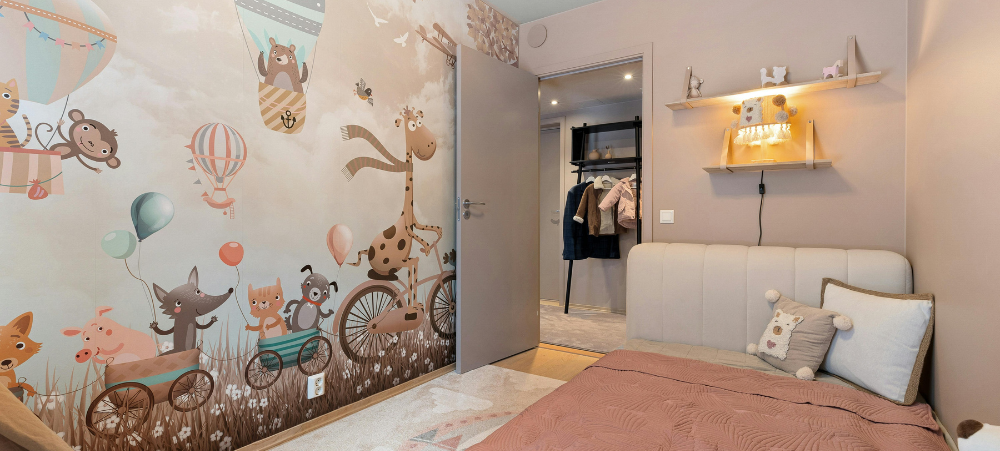In South African culture, the idea of motherhood extends beyond biology. It lives in the hands that nurture, the voices that guide, and the hearts that care – regardless of titles or ties. Whether known as mama, rakgadi, mmane, makazi, or makhulu, the role of a mother is deeply rooted in our collective identity and family structures.
“In our communities, motherhood is both a role and a responsibility, often shared across generations and families,” says Kelly Eyre, Quality and Pedagogical Lead at Dibber International Preschools South Africa. “This layered, relational view of caregiving supports children with a rich emotional foundation. It echoes our philosophy at Dibber—where learning begins with connection, trust, and care.”
From rural villages to urban centres, mothers, grandmothers, and aunts provide stability, wisdom, and unconditional love. South Africa’s collective approach to parenting – where children are raised by entire families and communities – strengthens cultural ties and emotional well-being. These caregivers shape more than daily routines; they shape values, language, tradition, and identity.
In various South African cultures, this caregiving role is deeply respected and uniquely expressed, for example:
- In Xhosa tradition, a mother is a bridge to ancestry and culture. She guides her children with stories and rituals that preserve heritage and build pride in identity.
- Among the Zulu, the bond between mother and child is deeply rooted in friendship and emotional strength, captured in the saying “umama ngumhlobo wakho” – a mother is your friend.
- In Afrikaans homes, mothers are known for fostering resilience and a strong work ethic, often anchoring family values through consistent care and unwavering dedication.
- Within the Cape Malay community, the essence of motherhood is beautifully intertwined with faith, food, and tradition. Cape Malay mothers pass down nourishment and knowledge through preparing meals and upholding rituals.
At Dibber, educators recognise the essential connection between home and preschool environments. Through Heart Culture™, Dibber creates learning spaces that mirror the warmth, care, and values instilled by mother figures at home.
“We often see how children flourish when they are surrounded by empathy and emotional safety—qualities that so many mothers and caregivers naturally provide,” says Eyre. “Whether it’s a shared meal, a word of encouragement, or a quiet moment of listening, these everyday interactions shape confident, compassionate young learners.”
By acknowledging and supporting the vital role of mothers and caregivers in early childhood, Dibber continues to honour the rich cultural fabric that defines South African families, and helps children thrive.
- The Hidden Emotional Load on South African Parents – and How Early Years Education Can Support It - January 27, 2026
- Every Moment Matters: The Power of Meaningful Time with Children - January 20, 2026
- Dibber The Whisken Officially Opens: Bringing Heart-Led Learning to Midrand Preschoolers - January 15, 2026





